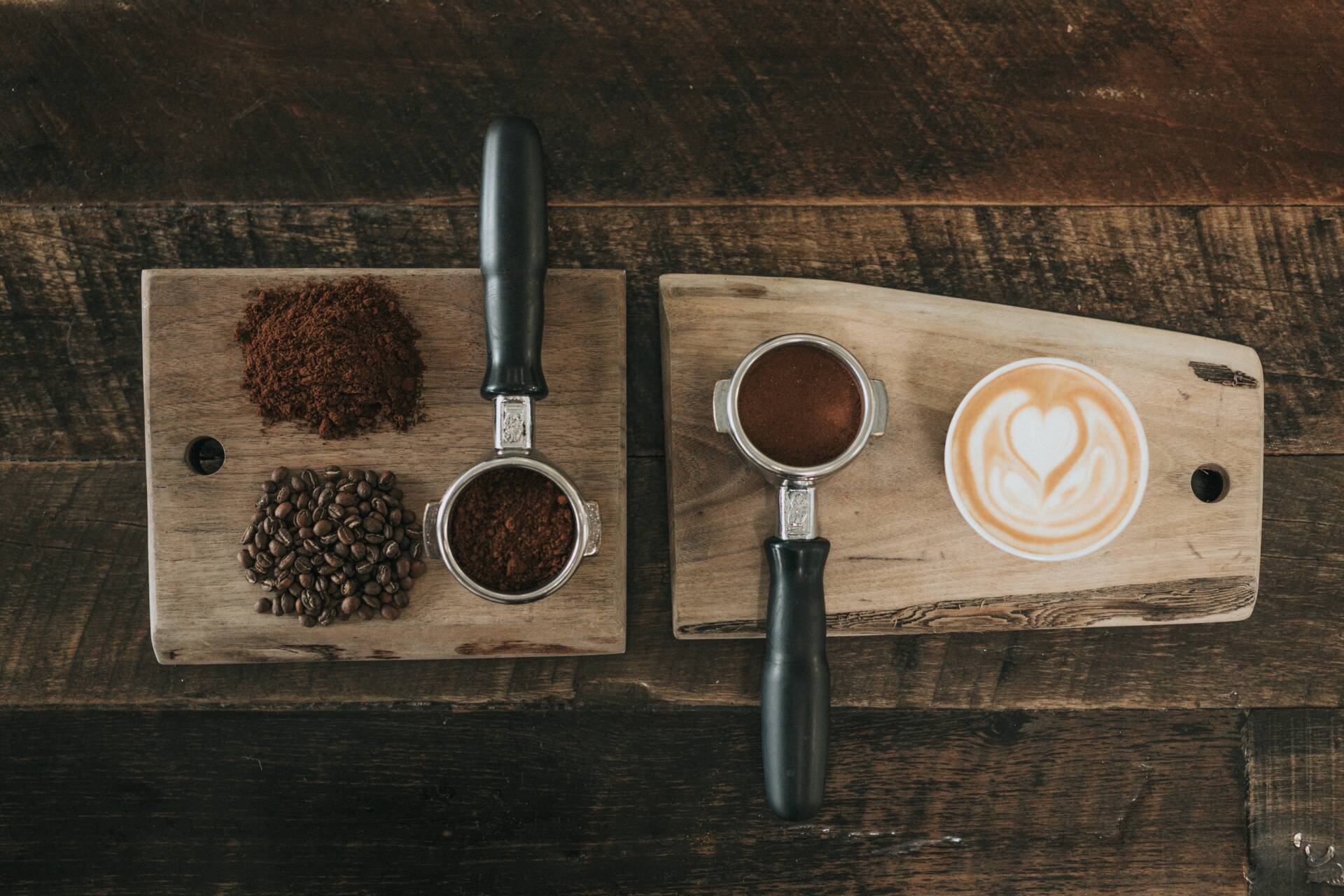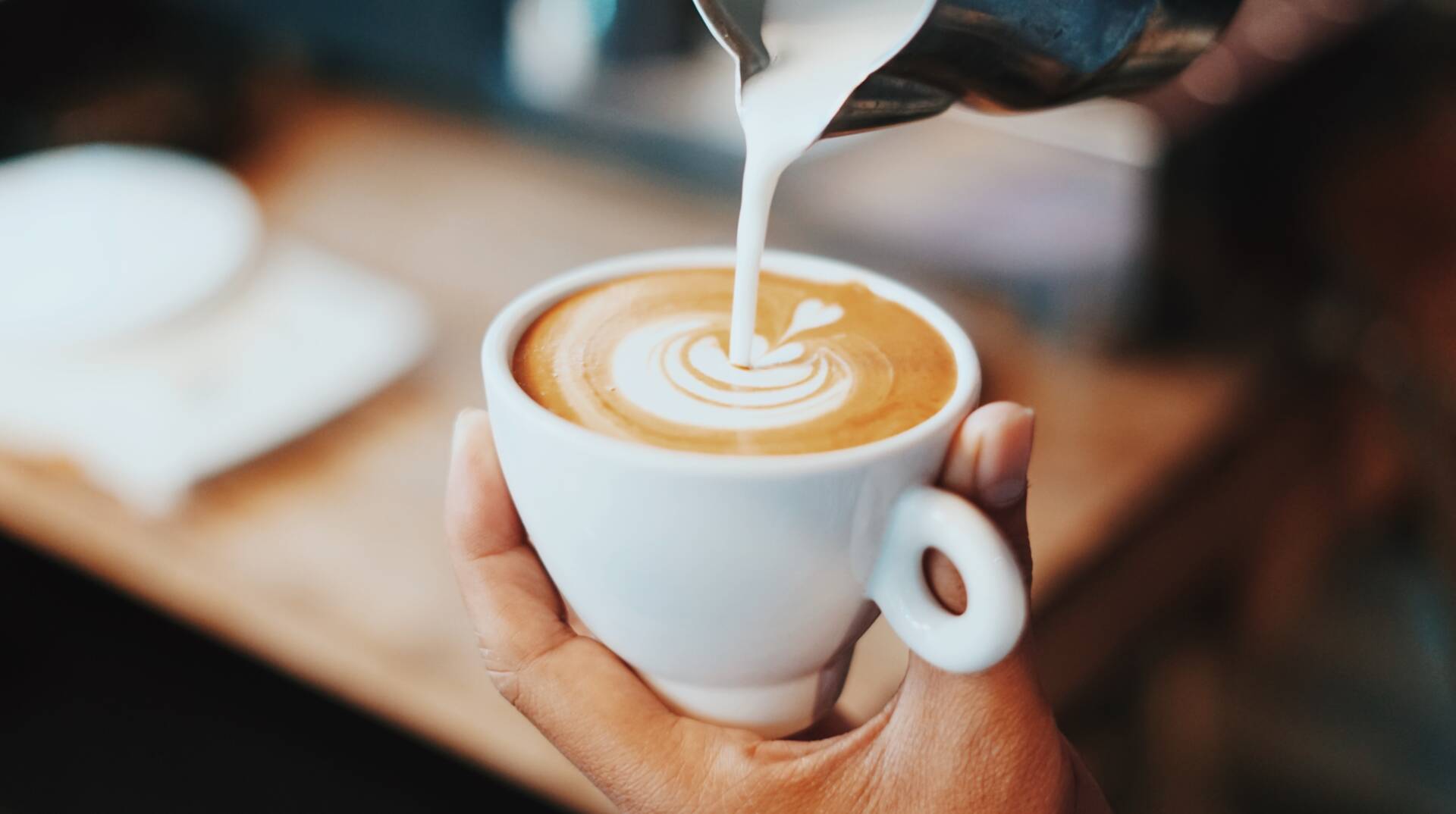There’s a misconception among people that drinking coffee is bad for one’s health. However, the reality is just the opposite. Coffee, whether caffeinated or decaf, can help actually ward off type 2 diabetes and may even help prevent certain cancers.
Coffee may reduce one’s risk of diabetes, according to a new analysis of 18 studies including hundreds of thousands of people.
A 2005 research by Dr. Rachel Huxley of The University of Sydney, Australia, and colleagues concluded that people who drank the most coffee were one-third less likely to develop diabetes than those who had it the least. Huxley and her team also analyzed 18 studies and the risk of type 2 diabetes published between 1966 and 2009.



Type 2 diabetes, which is often tied to obesity, affects about 8% of the US population, according to the US National Institute of Diabetes and Digestive and Kidney Diseases.
For every additional cup of coffee a person consumed daily, the study’s authors found, a person’s risk of diabetes was reduced by 7%. In the six studies that looked at decaf coffee, the researchers found, people with more than three or four cups a day were at 36% lower risk of diabetes.
Diabetes & caffeine
Many people take caffeine every day. For healthy people, it is usually a harmless perk-me-up. But if one has type 2 diabetes, caffeine may make it more difficult to keep one’s blood sugar in check.
How does caffeine affect your blood sugar?
Research suggests people with type 2 diabetes react to caffeine differently. It can raise blood sugar and insulin levels for those with the disease.



One study looked at people with type 2 diabetes who took a 250-mg caffeine pill at breakfast and another at lunchtime. That makes about drinking two cups of coffee with each meal. The result: Their blood sugar was 8% higher than on days when they didn’t have caffeine. Their reading also jumped by more after each meal.
Caffeine can affect how a body responds to insulin, the hormone that allows sugar to enter cells and get changed into energy. It may lower a person’s insulin sensitivity. That means cells don’t react to the hormone as much as they once did. They don’t absorb as much sugar from the blood after an intake. This causes the body to make more insulin, so one has higher levels after meals.
If one has type 2 diabetes, the body already doesn’t use insulin well. After meals, blood sugar rises higher than normal. Caffeine may make it tougher to bring it down to a healthy point. This may lead to too-high blood sugar levels. Over time, this may raise the chance of diabetes complications.
Why does caffeine have this effect?
Scientists think caffeine affects on insulin and blood sugar levels may work this way:
1 – Caffeine raises levels of certain stress hormones, like epinephrine (or adrenaline). Epinephrine can prevent cells from processing as much sugar and may also keep the body from making as much insulin.
2 – It blocks a protein called adenosine. This molecule plays a big role in how much insulin the body makes. It also controls how cells respond to it. Caffeine keeps adenosine which plays a big role in how much insulin a body makes.
It takes a toll on sleep. Too much caffeine can keep a person awake. Lack of sleep may also lower insulin sensitivity.



How much caffeine is too much?
It only takes about 200-mg caffeine to affect the blood sugar. That’s the amount in about one or two cups of brewed coffee. People handle caffeine differently and can have various reactions to the drug. A person’s response depends on things like age and weight.
How much caffeine one usually gets may also play a role. Coffee drinkers with diabetes don’t have higher blood sugar levels than those who aren’t. Experts think the body gets used to that amount of caffeine over time. But other research shows that caffeine could still cause a spike.
To find out if caffeine raises blood sugar, one must talk to a doctor or a dietitian and get important tests done.
What about the caffeine in coffee?
Studies show that coffee lowers the odds of getting type 2 diabetes because the drink is high in antioxidants. These compounds reduce inflammation in the system, which can raise the chance of having the disease. If one already has type 2 diabetes, this may not hold true.
The caffeine in a cup of java makes it tougher to control blood sugar. If it spikes after a morning cup, one may want to switch to decaf. Even though this drink has little caffeine and it doesn’t have the same effect on blood sugar or insulin.
What do you think of this story? Let us know in the comments section below.


















